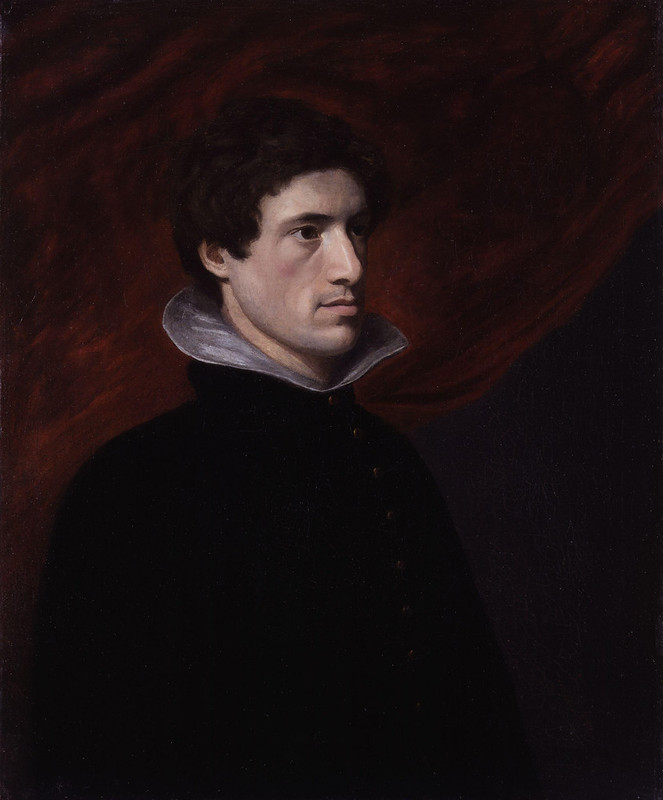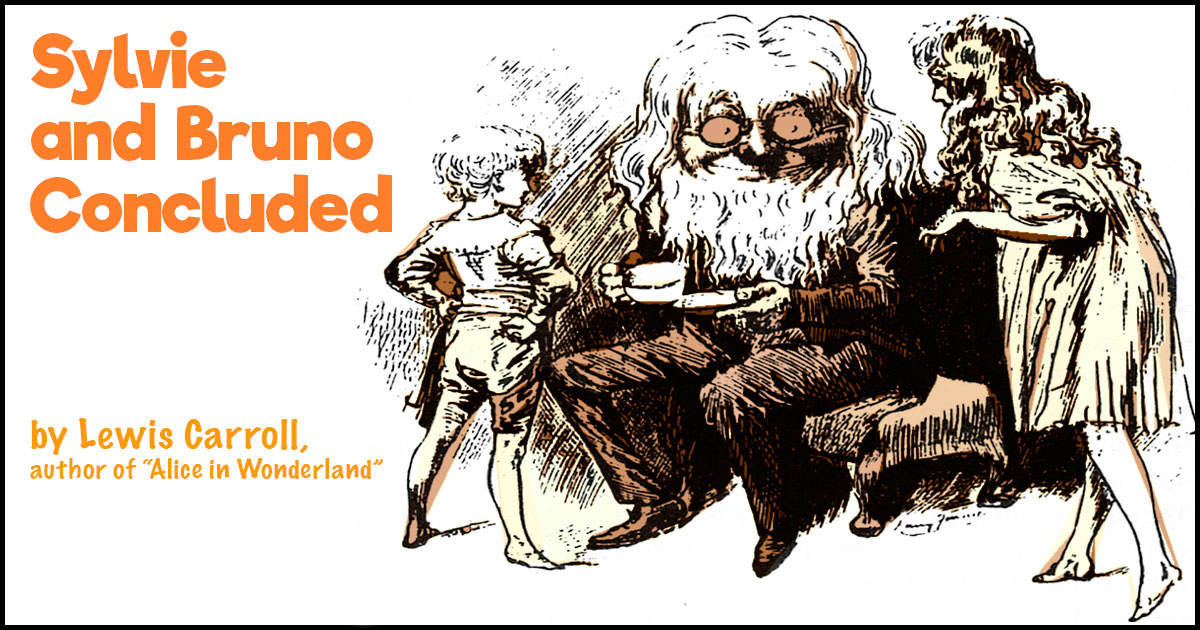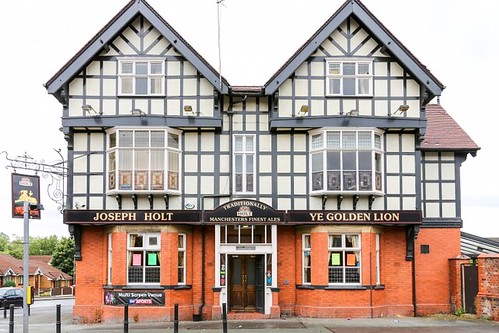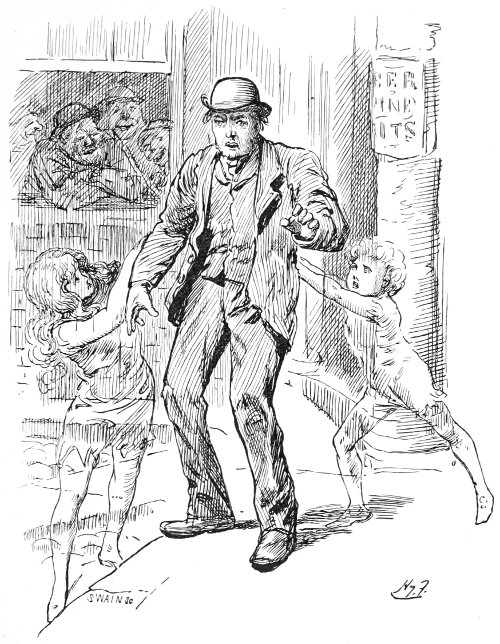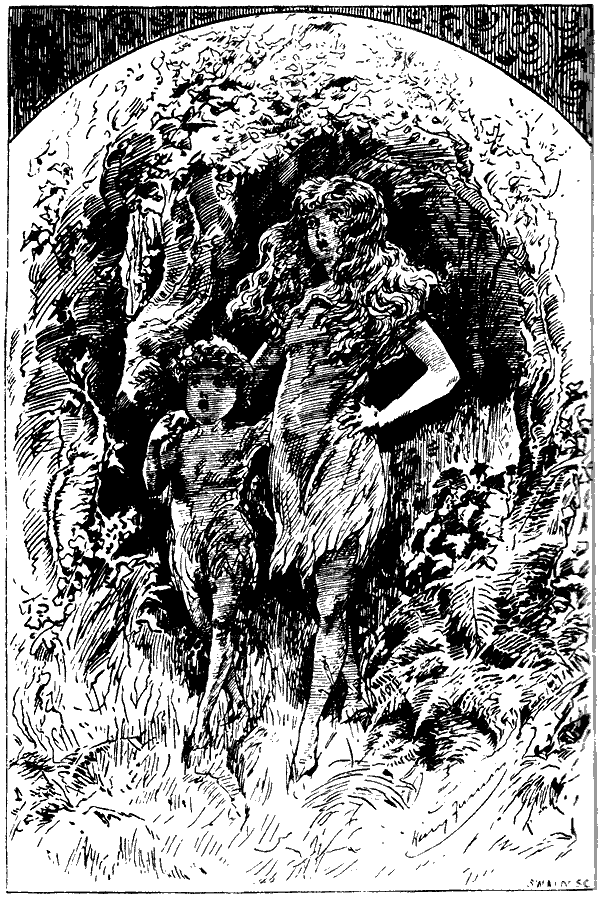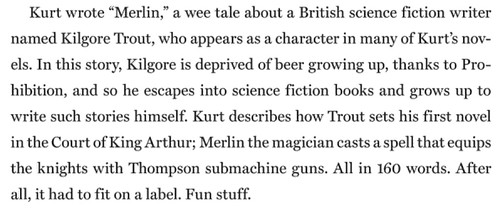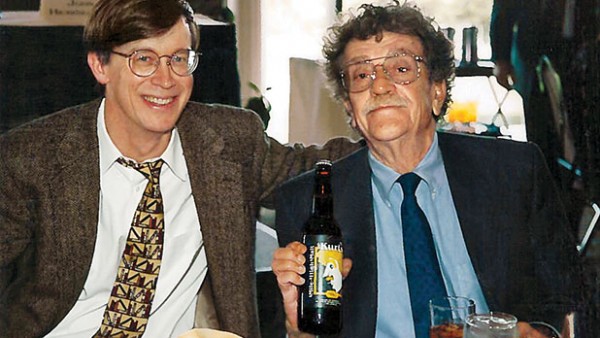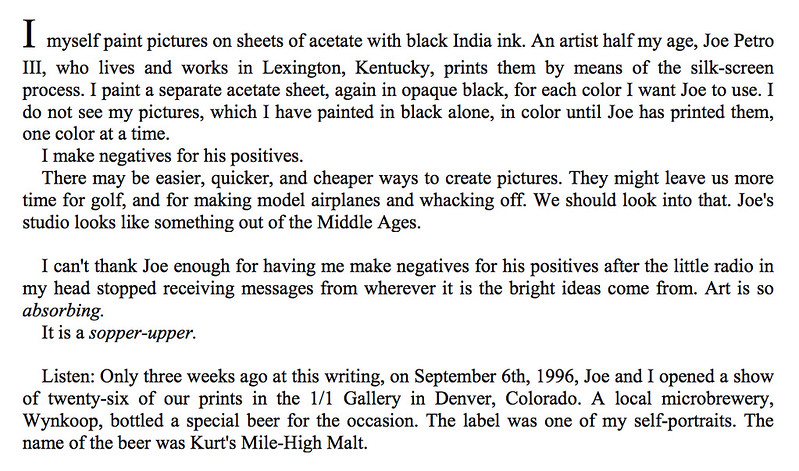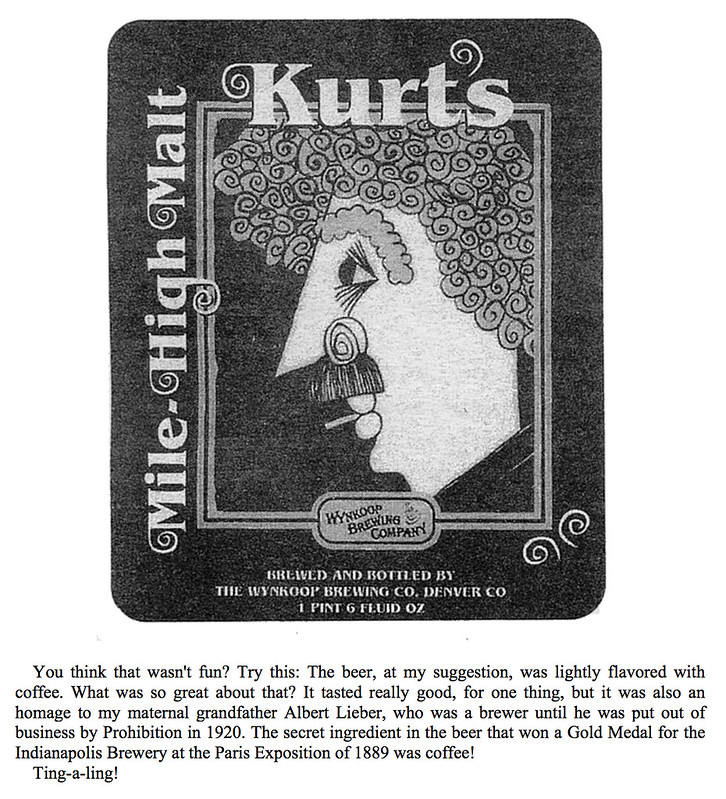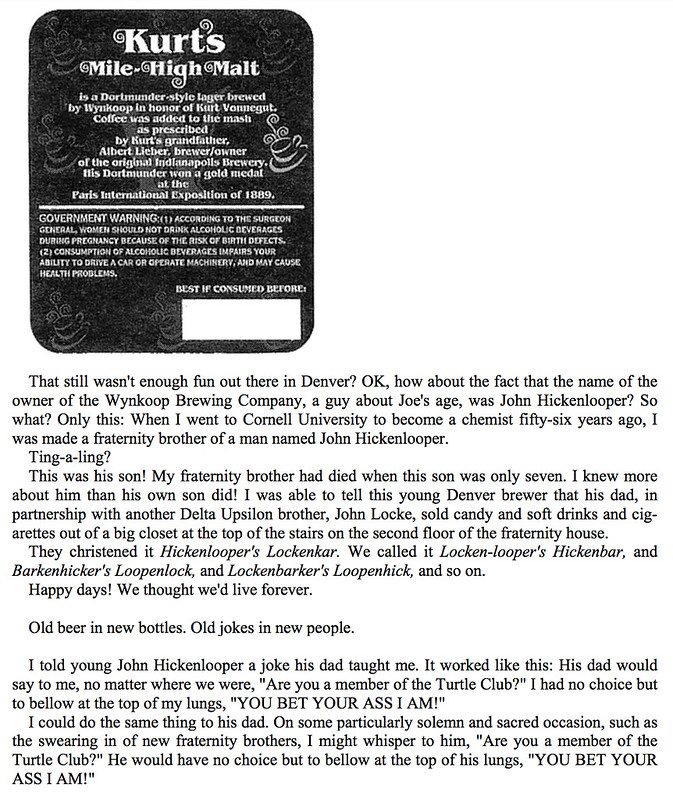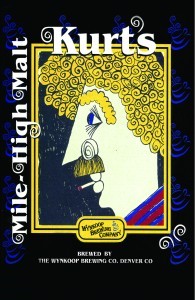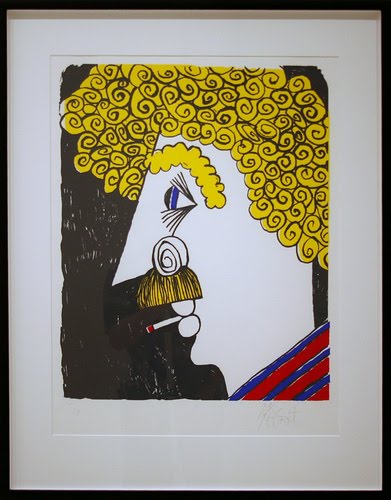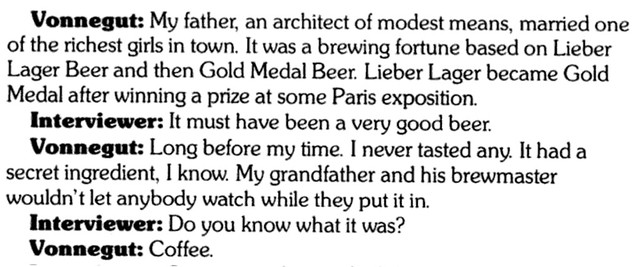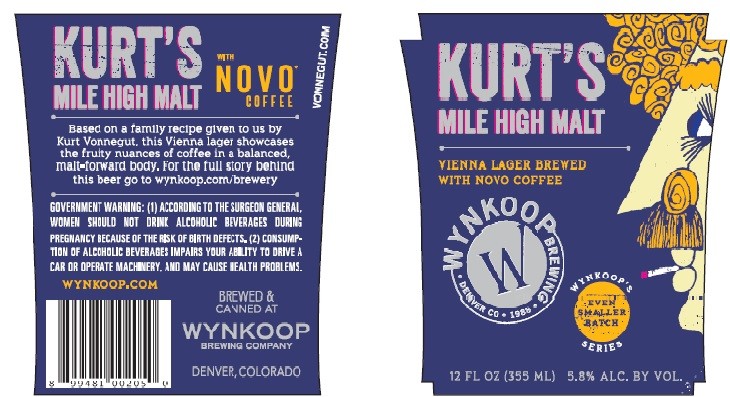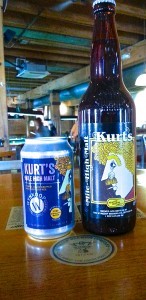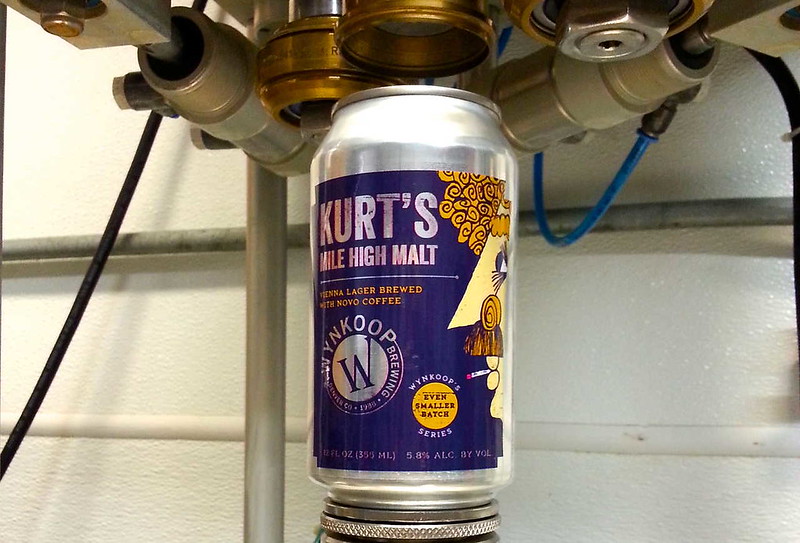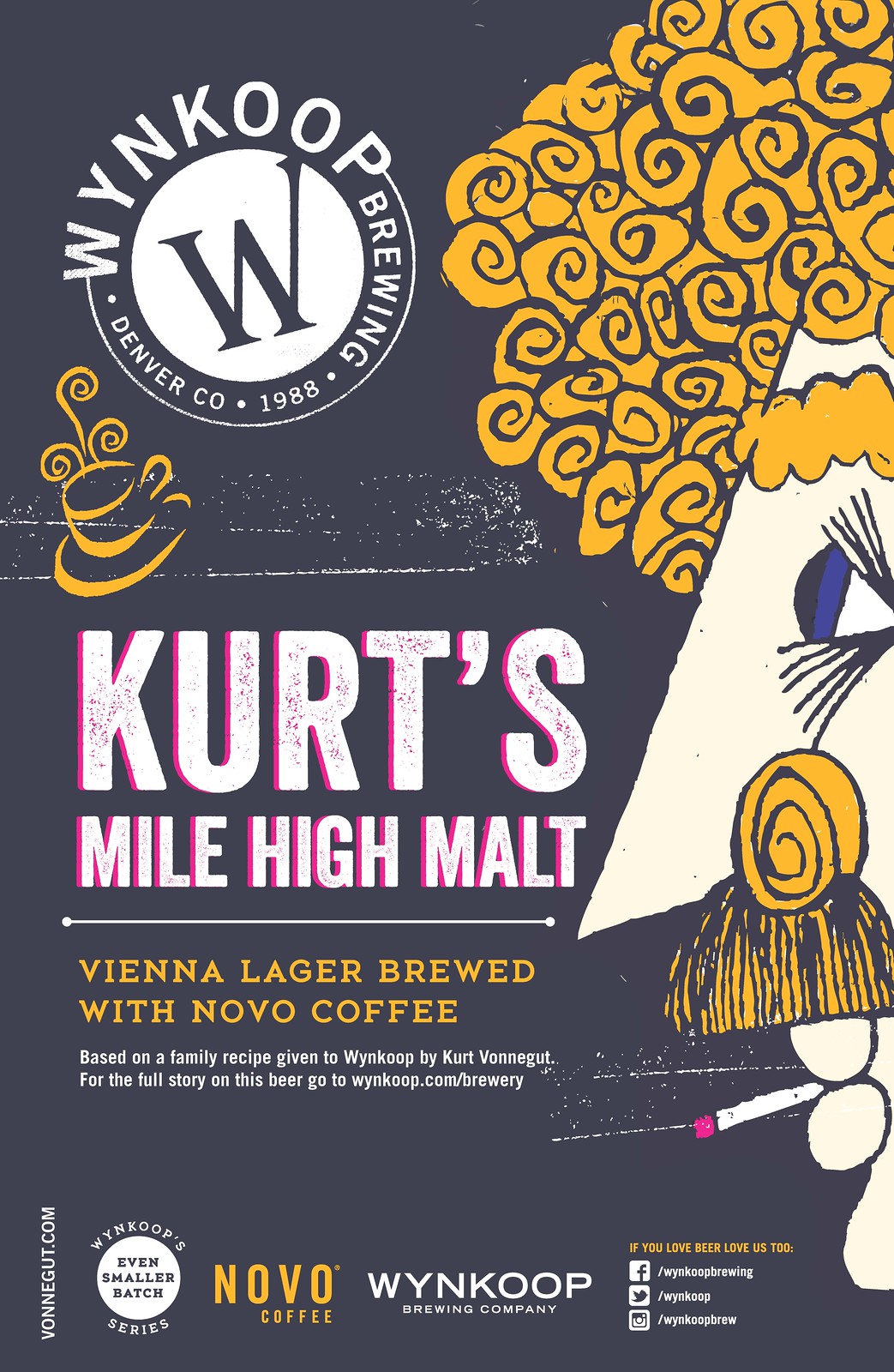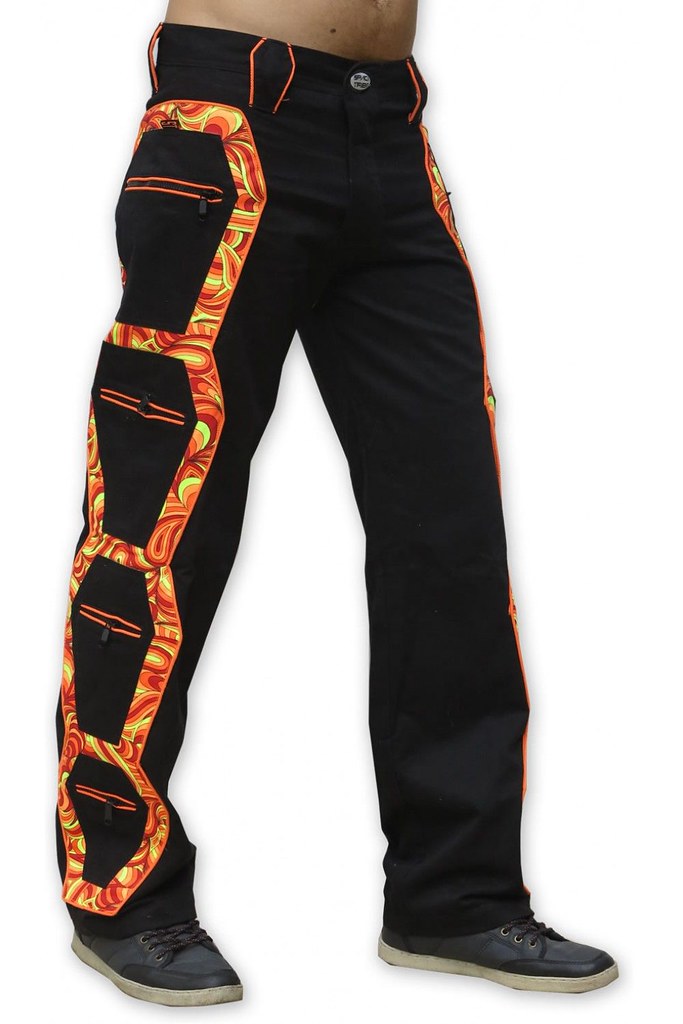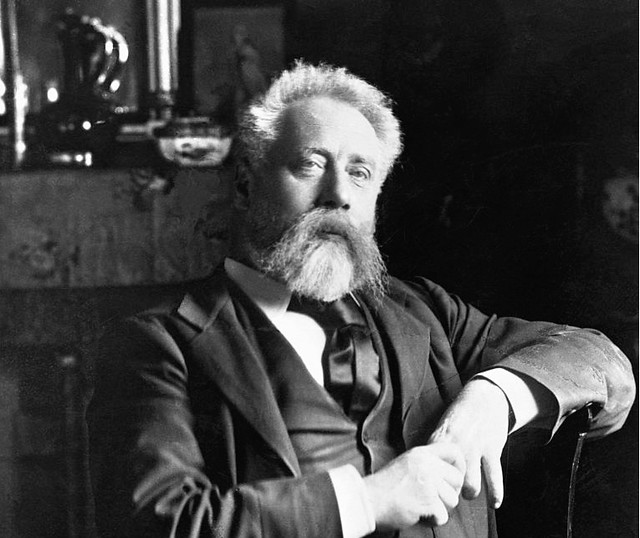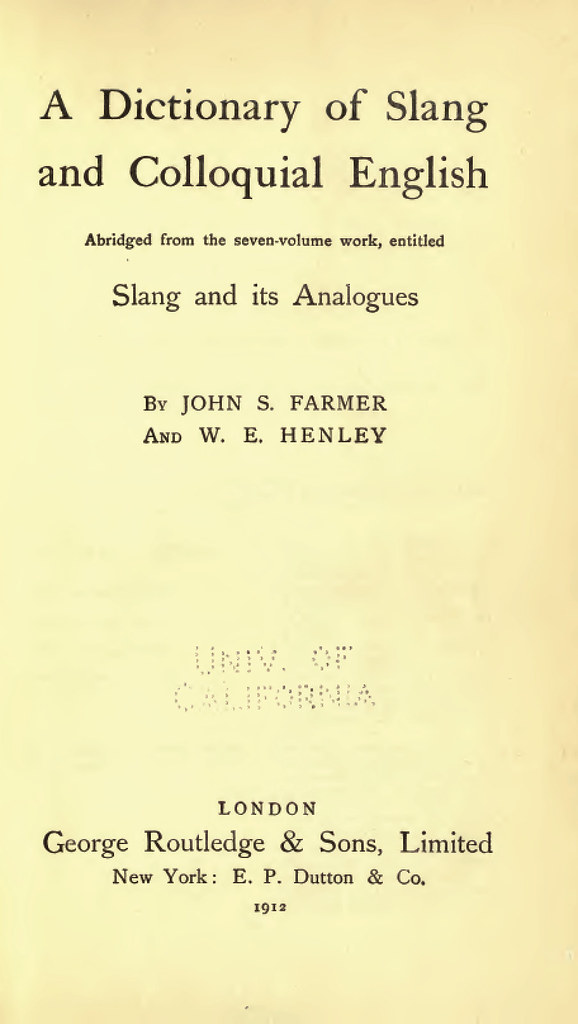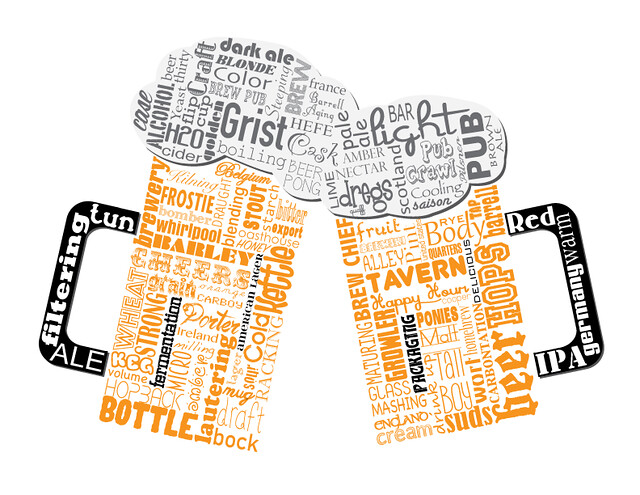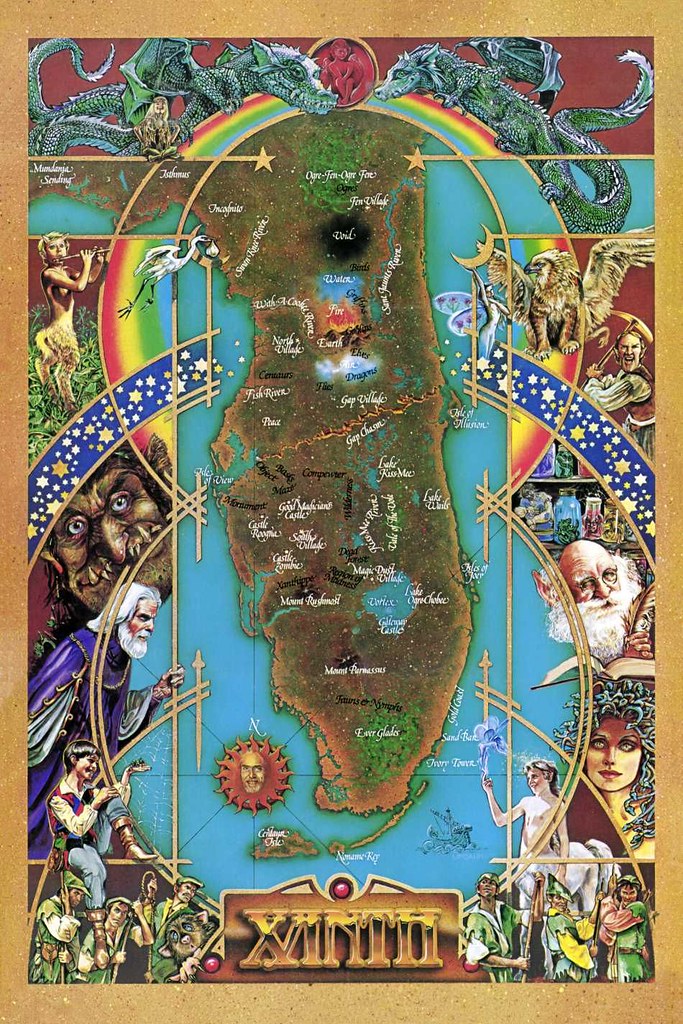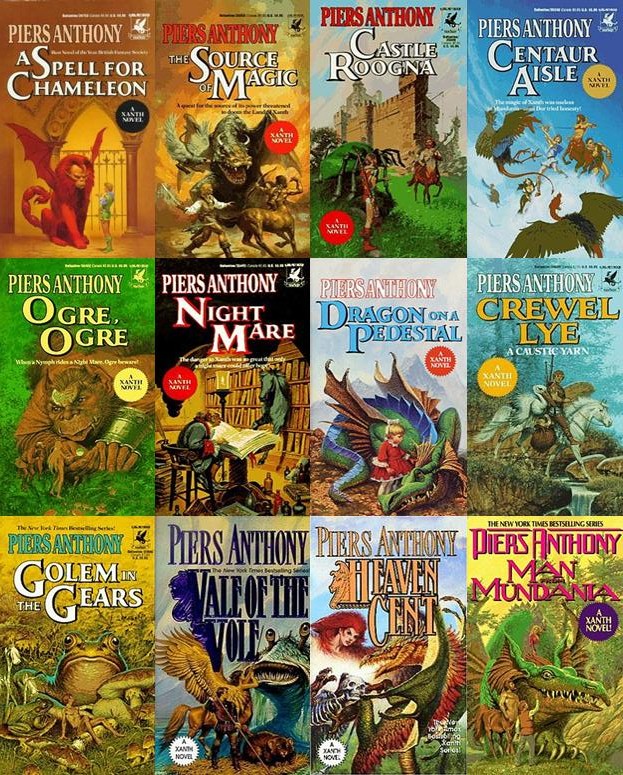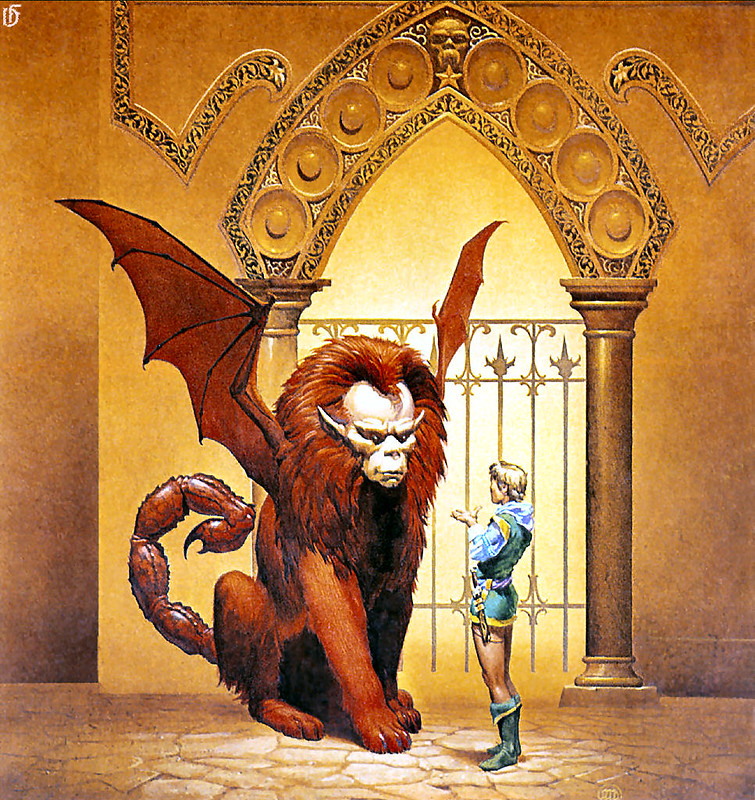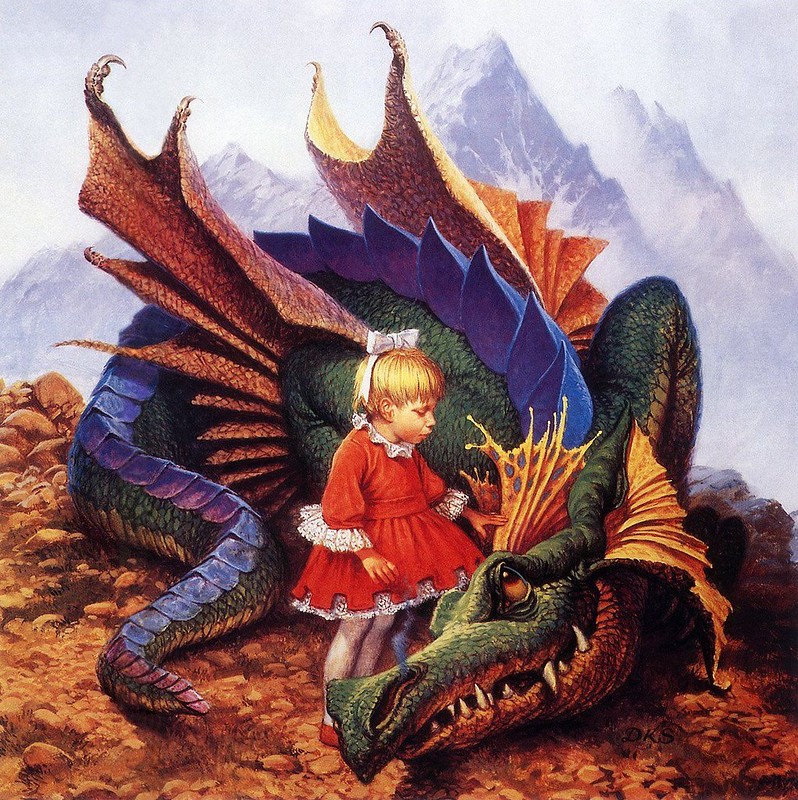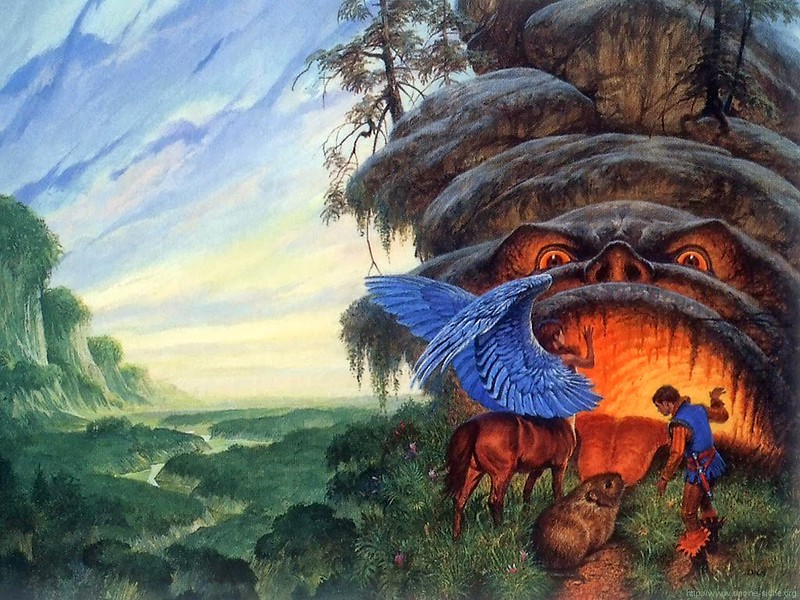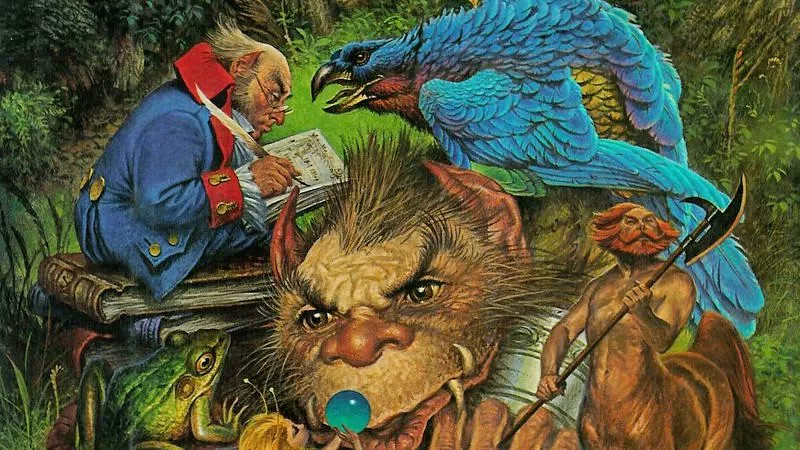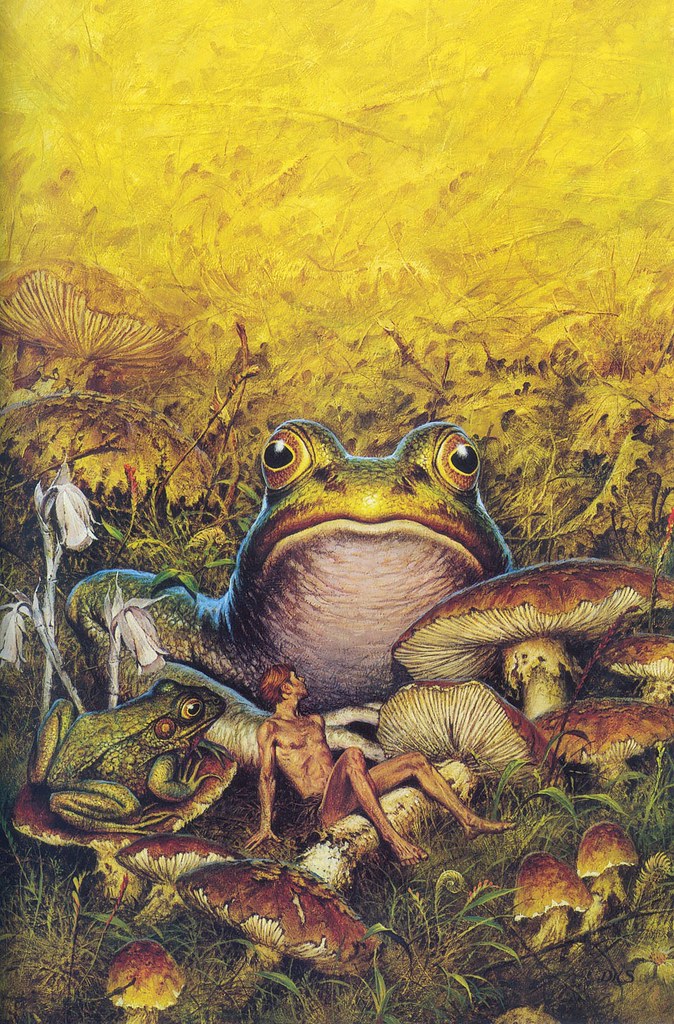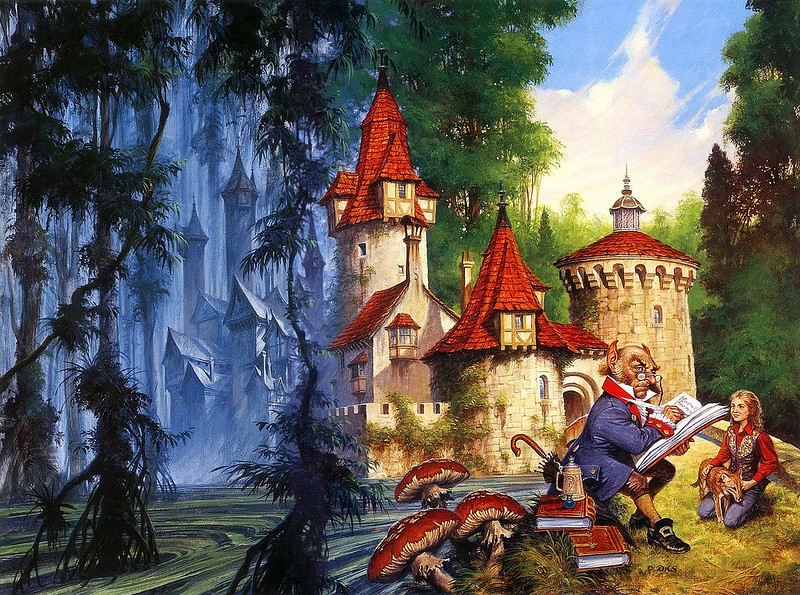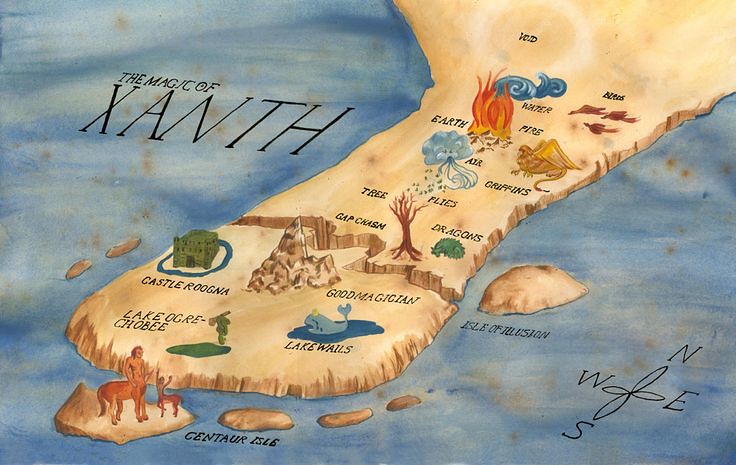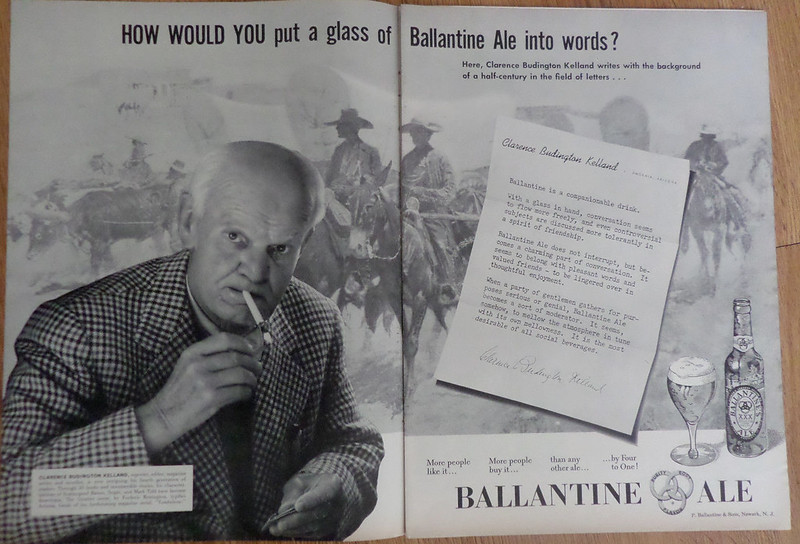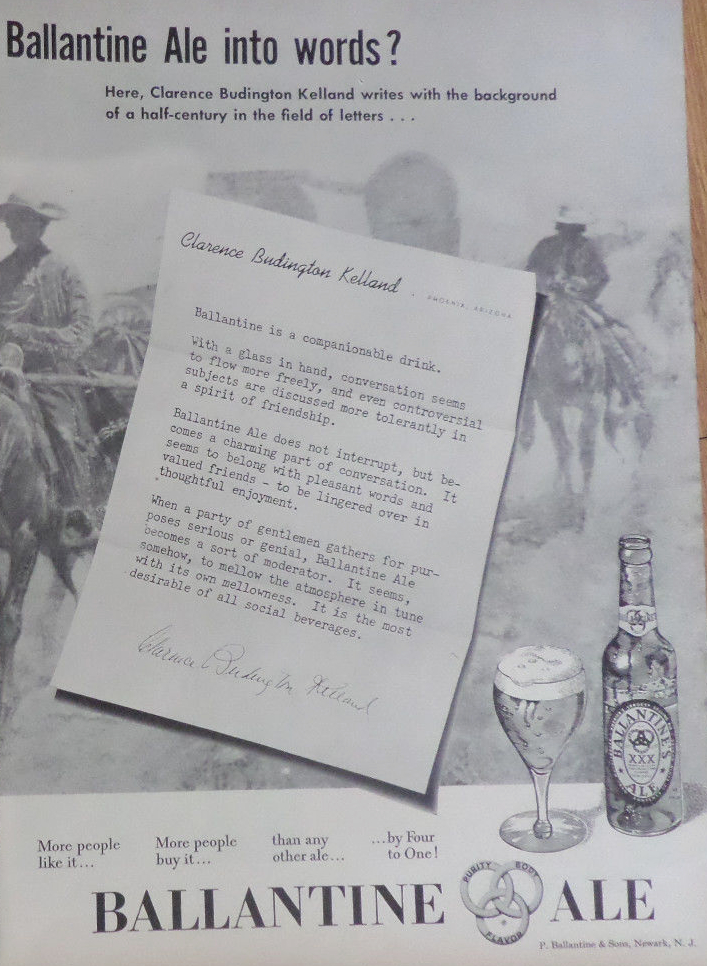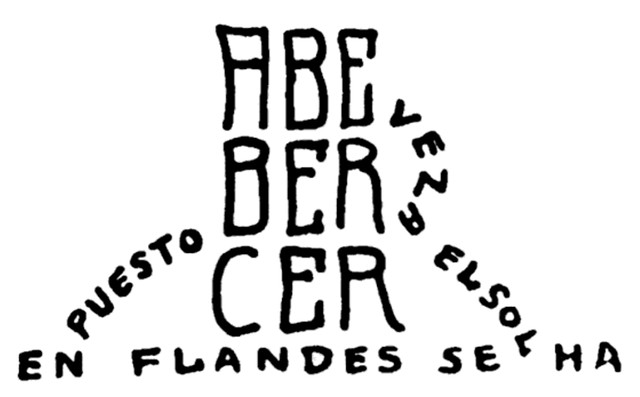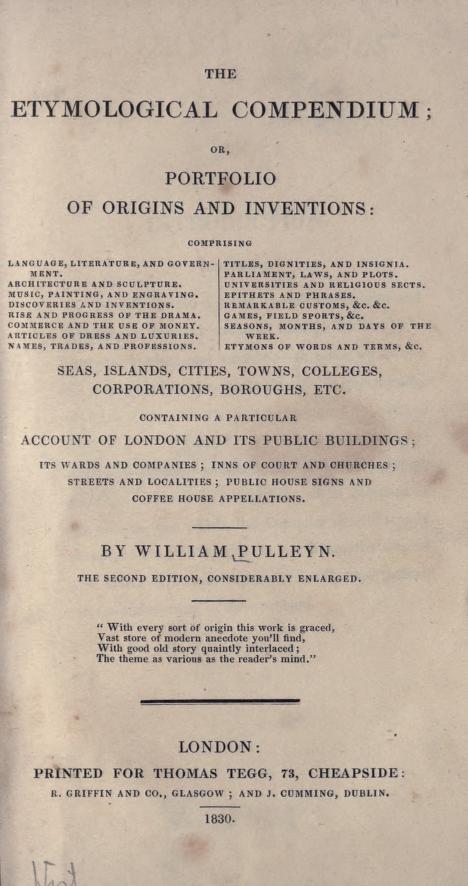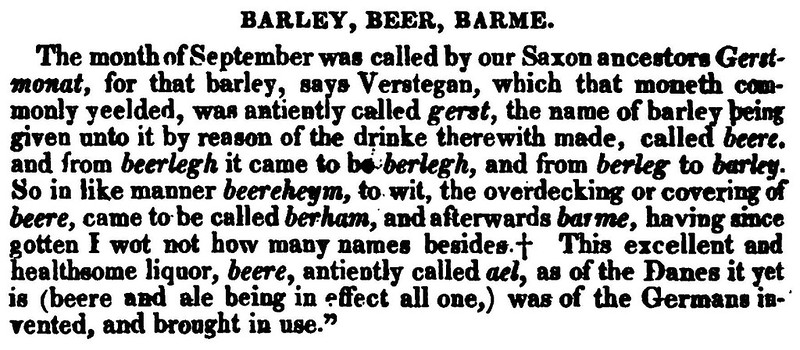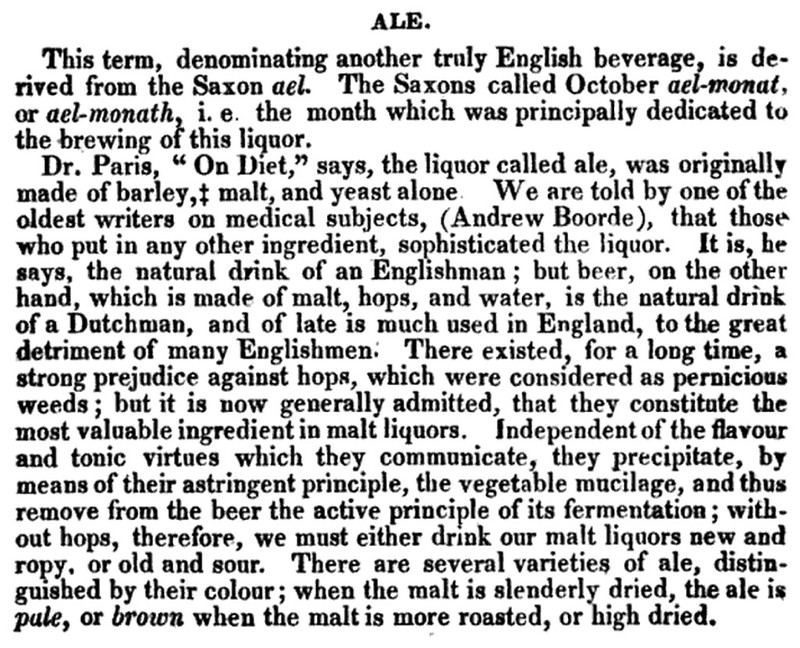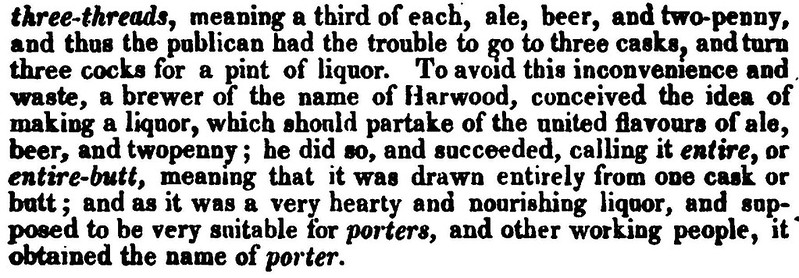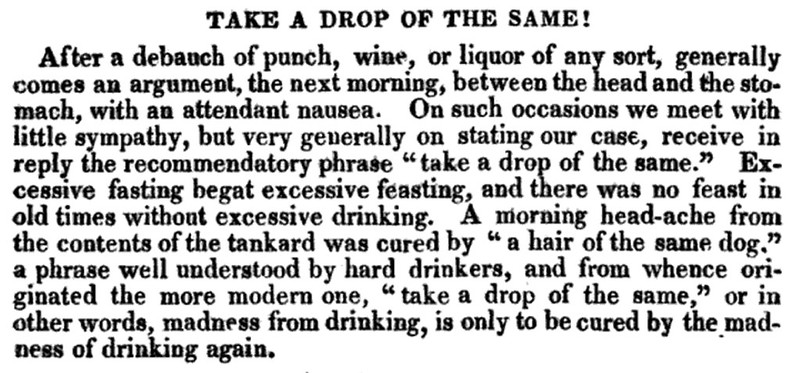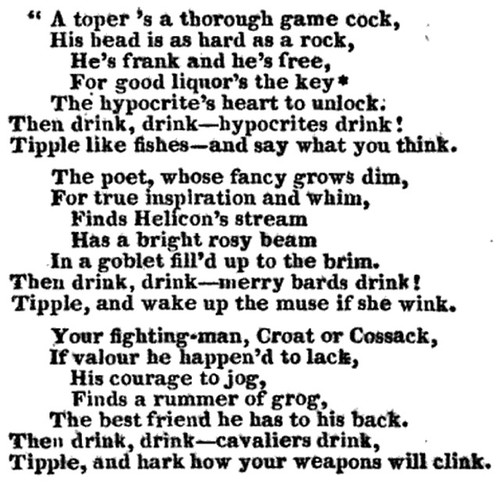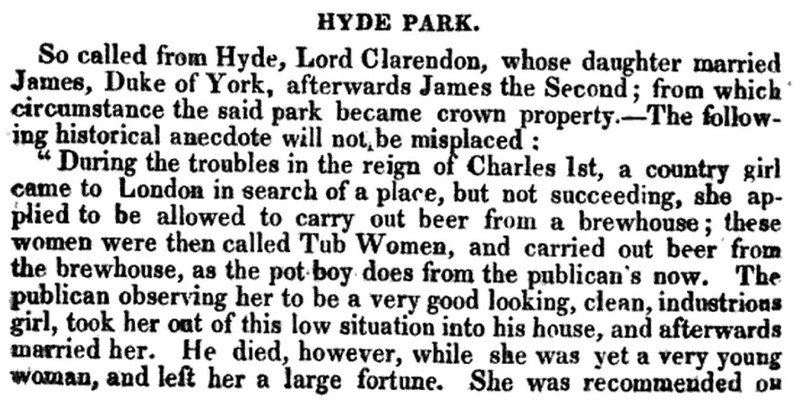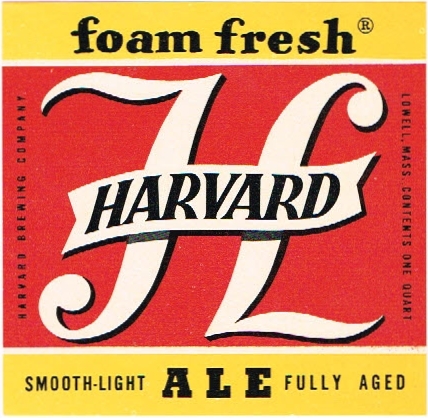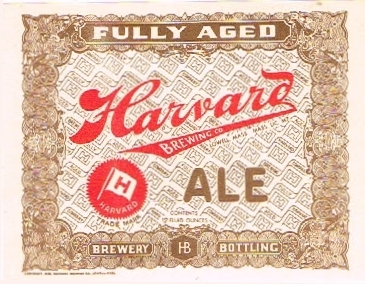
Today is the birthday of Charles Lamb, who “was an English essayist, poet, and antiquarian, best known for his Essays of Elia and for the children’s book Tales from Shakespeare, co-authored with his sister, Mary Lamb.” In addition to his own works, and adapting others, he also collected works of earlier authors. One such work was entitled “Specimens of English Dramatic Poets, Selected by Charles Lamb,” published in 1803.
One of his choices has an anonymous author, and is ascribed to the London Chanticleers, and is characterized as “a rude sketch of a play, printed 1659, but evidently much older.” It’s entitled “Song in praise of Ale.”
Song in praise of Ale
I.
Submit, bunch of Grapes,
To the strong Barley ear;
The weak Vine no longer,
The Laurel shall wear.
II.
Sack and drinks else,
Desist from the strife,
Ale’s th’ only Aqua vitae,
And liquor of life.
III.
Then come my boon fellows,
Let’s drink it around;
It keeps us from th’ grave,
Though it lays us o’ th’ ground.
IV.
Ale’s a Physcian,
No Mountebank bragger,
Can cure the chill ague,
Though ’t be with the stagger.
V.
Ale’s a strong wrestler,
Flings all it hath met;
And makes the ground slippery,
Though ’t be not wet.
VI.
Ale is both Ceres,
And good Neptune too,
Ale’s froth was the Sea,
From whence Venus grew.
VII.
Ale is immortal:
And be there no stops,
In bonny Lads’ quaffing,
Can live without hops.
VIII.
Then come my boon fellows,
Let’s drink it around;
It keeps us from the grave,
Though it lays us o’ th’ ground.
